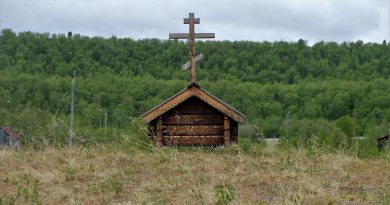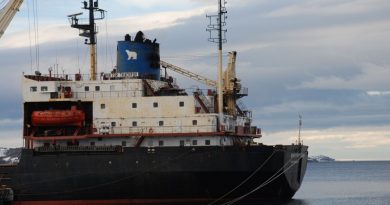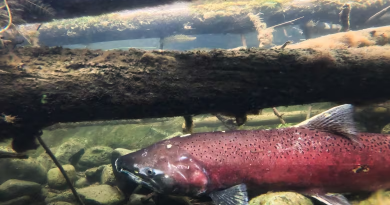COVID-19 vaccinations for students in Nunavik, Quebec to start on August 23
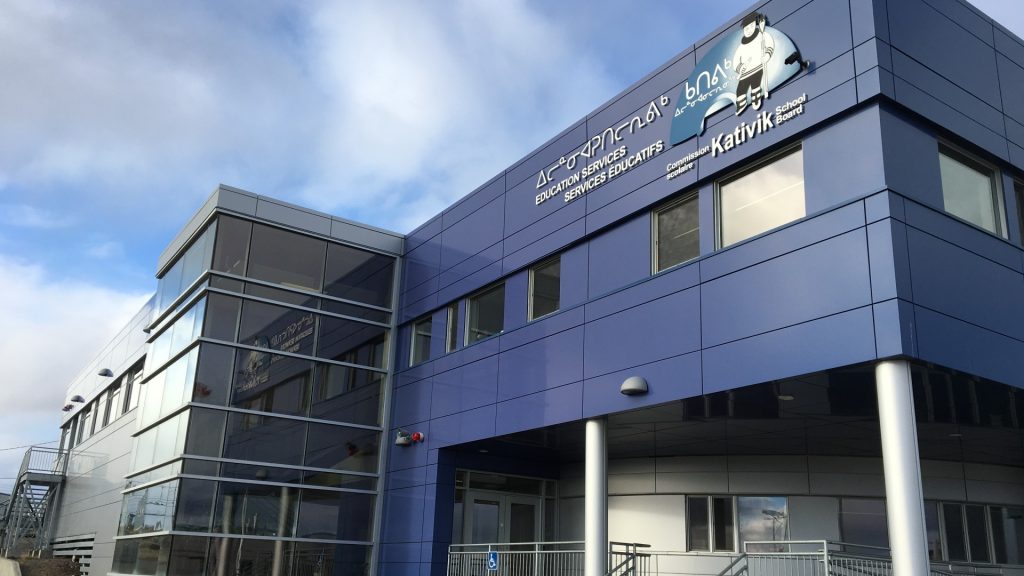
Health authorities in Nunavik, the Inuit region of Arctic Quebec, will begin a COVID-19 vaccination campaign in schools starting on August 23.
The campaign will run over three weeks with 13 of Nunavik’s 14 communities on the initial schedule.
Youth 14 years old and above do not require consent from parents or guardians to get vaccinated.
The Nunavik Regional Board of Health and Social Services (NRBHSS) said in a Facebook post on Thursday that information sheets will be provided to youth that they can take home to discuss with their parents and guardians before making a decision.
Youth 12 and 13 years old do require consent from a parent or guardian before getting a vaccine.
- Week of August 23: Akulivik , Kangiqsujuaq, Kujjuaq and Puvirnituq
- Week of August 30: Aupaluk, Inukjuak, Kangiqsulujjuaq, Kuujjuaraapik and Salluit
- Week of September 6: Ivujivik, Kangirsuk, Quaqtaq and Tasiujaq.
Ed Note: The community of Umiujaq was not included in the initial schedule released Thursday. No one at NRBHSS could be reached Friday to confirm when, or if, the community would be put on the schedule at a later date.
No one at the NRBHSS could be reached on Friday to provide details on the campaign, but in their post they said a COVID-19 nursing team will be deployed in each school to administer the vaccines.
Nunavik’s vaccination rate remains low compared to elsewhere in Quebec.
The latest vaccination numbers for Nunavik were released on August 5 and showed that only 28 per cent of people had had two doses of a COVID-19 vaccine as of July 10. (Figures take health authorities several weeks to calculate before they’re released in order to remove southern based, and transient workers from the final results.)
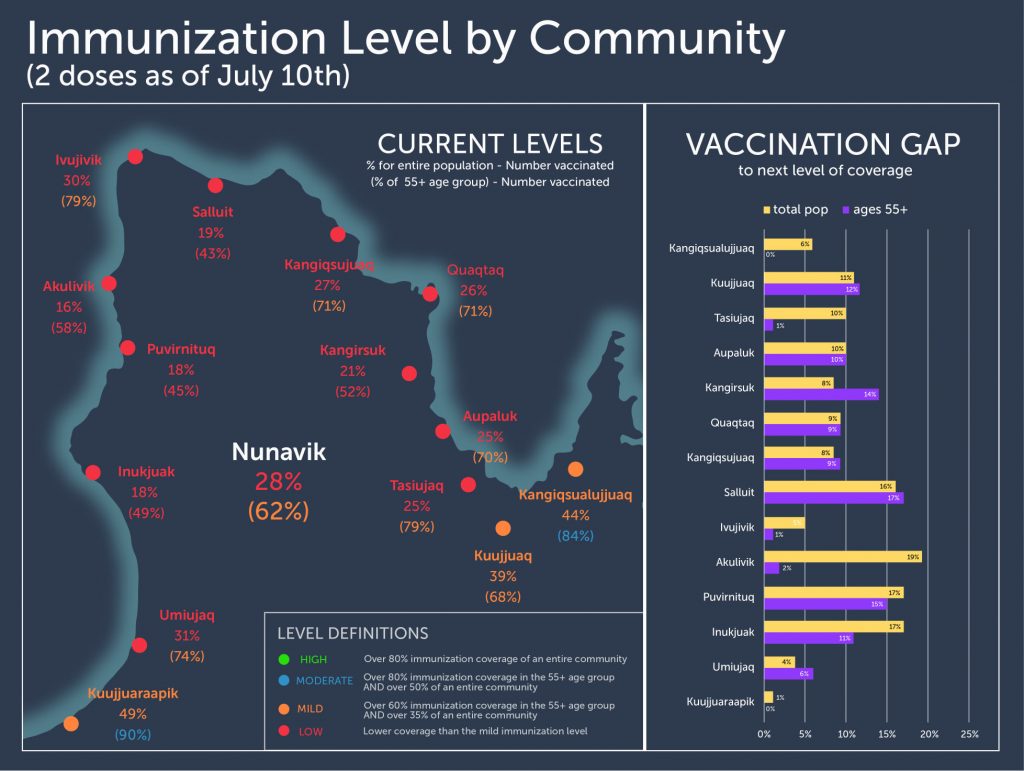
The relatively young demographics of the region, approximately one third of the population is under 15 years old, means high vaccination rates amongst youth will be key to reaching herd immunity in the region.
Vaccination passports still being discussed
The Quebec government announced August 5 it will introduce vaccination passports for access to non-essential services like gyms, bars and restaurants across the province.
Nunavik spans the entirety of Arctic Quebec and is made up of 14 fly-in only communities made up of a few hundred people each. Because of this, and the limited health infrastructure with the North, the pandemic response is managed separately from the rest of the province.
Regional authorities in Nunavik are currently examining whether the provincial passport system will also be put in place in Nunavik, but have not yet made a final decision.
Write to Eilís Quinn at eilis.quinn(at)cbc.ca
Related stories from around the North:
Canada: ‘Need is urgent’: Canada’s Northwest Territories asks Red Cross, feds for help dealing with COVID-19 outbreak, CBC News
Finland: Berry firms moved harvesters from Lapland to East Finland even if exposed to, infected with COVID-19, Yle News
Greenland: Five new COVID-19 cases in Greenland’s capital city of Nuuk, Eye on the Arctic

